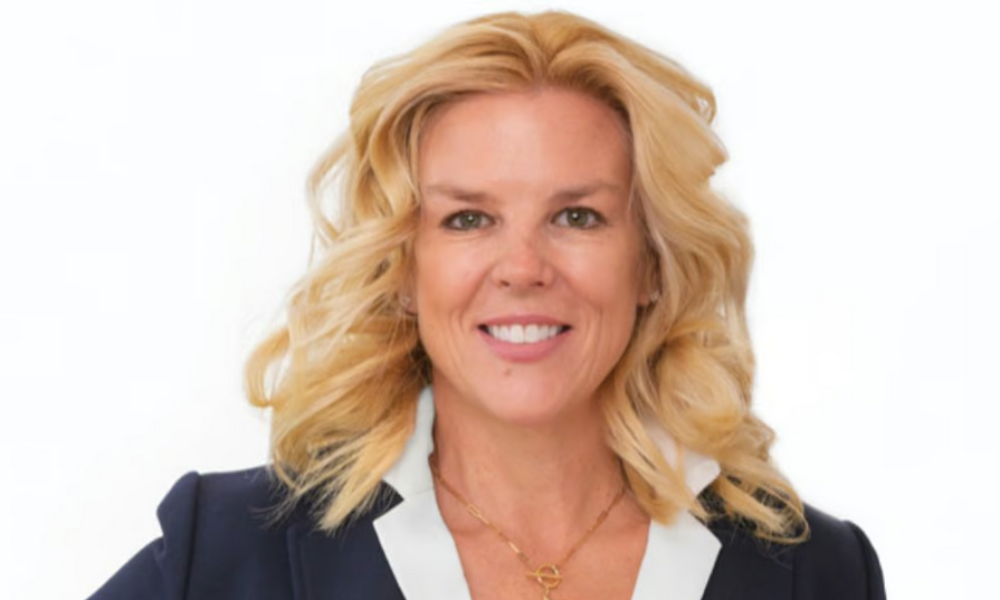Survey suggests high-net-worth Canadians' prioritizing legacy and next-generation wealth transfer still underserved

While an overwhelming majority of high-net-worth Canadians are planning to transfer their estate to the next generation, they may be missing one crucial planning tool.
In a recent survey of high-net-worth individuals surveyed by IG Wealth Management, nearly 90% said they’re planning to pass their estate to the next generation, and 78% said they’re working with a financial advisor.
But only around half (54%) said they have a life insurance policy, and just 17% said they’re knowledgeable about the tax advantages and benefits of life insurance for estate planning.
“When you're talking to clients about estate planning and or legacy planning, life insurance shouldn't be a separate conversation,” says Alana Riley, head of Insurance, Mortgage and Banking at IG Wealth Management. “I think that there's just such a great opportunity for advisors to consider life insurance, specifically permanent life insurance.”
Life insurance planning: still much work to do
Generally speaking, Riley says Canadians who work with a big bank advisor have to be referred elsewhere to get advice on life insurance in the context of estate planning. At IG Wealth Management, she says advisors can provide clients with planning guidance on both investment and life insurance products.
“We still see that we have much work to do, partly on the part of advisors and partly on the part of Canadians,” she says. “No matter how sexy we make this, we're still talking to someone about death, either theirs or their loved ones. And those are not easy conversations for anyone to have.”
While nearly four fifths of HNW individuals surveyed said they have financial advisors, just two fifths (42%) said their FA provided them with strategic options for tax minimization through life insurance. That indicates almost 60% of HNW clients are not having conversations around planning with life insurance.
As Riley notes, the death benefit from permanent insurance can be used to fund tax liabilities to someone’s estate when they pass away, which helps to preserve their wealth upon death. That advantage may be lost on most affluent Canadians, as only one third of those in IG’s survey said they have a good understanding of the tax implications of passing on their estate to their beneficiaries.
Avoiding infighting with estate equalization
Insurance can also be used to address complex estate planning situations where assets may not be so easy to distribute among beneficiaries. As Riley notes, estate equalization can be a thorny problem – a business owner may have three children, for example, with only one involved in the business – with grave consequences if left unsolved.
“Unfortunately, when we don't have these specific [estate equalization] plans in place, that's when we see family breakdown,” Riley says. “It's very sad to see when those in the next generation are left to almost fend for themselves in trying to determine what their loved one’s intentions really were.”
With 58% of HNW clients not having a life insurance-based estate plan, Riley also sees a gaping gap in terms of estate maximization; aside from the death benefit being paid tax-free to the beneficiary, the cash value of life insurance is tax-sheltered. Using life insurance, she adds, also creates an opportunity for estate settlement processes to happen much more quickly than they otherwise would.
“Maybe the family needs to address funeral costs or make other arrangements immediately – perhaps they need to fly relatives across the country to attend the service,” she says. “And maybe they’re expecting some money through the inheritance, but it has to go through probate or is still locked up in an investment strategy.”
With just 36% of polled HNW Canadians saying their financial advisor discusses life insurance in the context of financial and inheritance planning, there’s clearly room for improvement. But as Riley stresses, advisors may also need to bring in a specialist team to properly address their complex needs.
“When you have a complex situation, like planning for a business owner or a high net worth individual, I think that's where advisors really need to use their expertise both internally, with insurance and estate specialists, and advanced financial planning teams … working hand-in-hand with estate lawyers and accountants,” she says. “That’s still a real big opportunity for us in the industry as a whole.”



